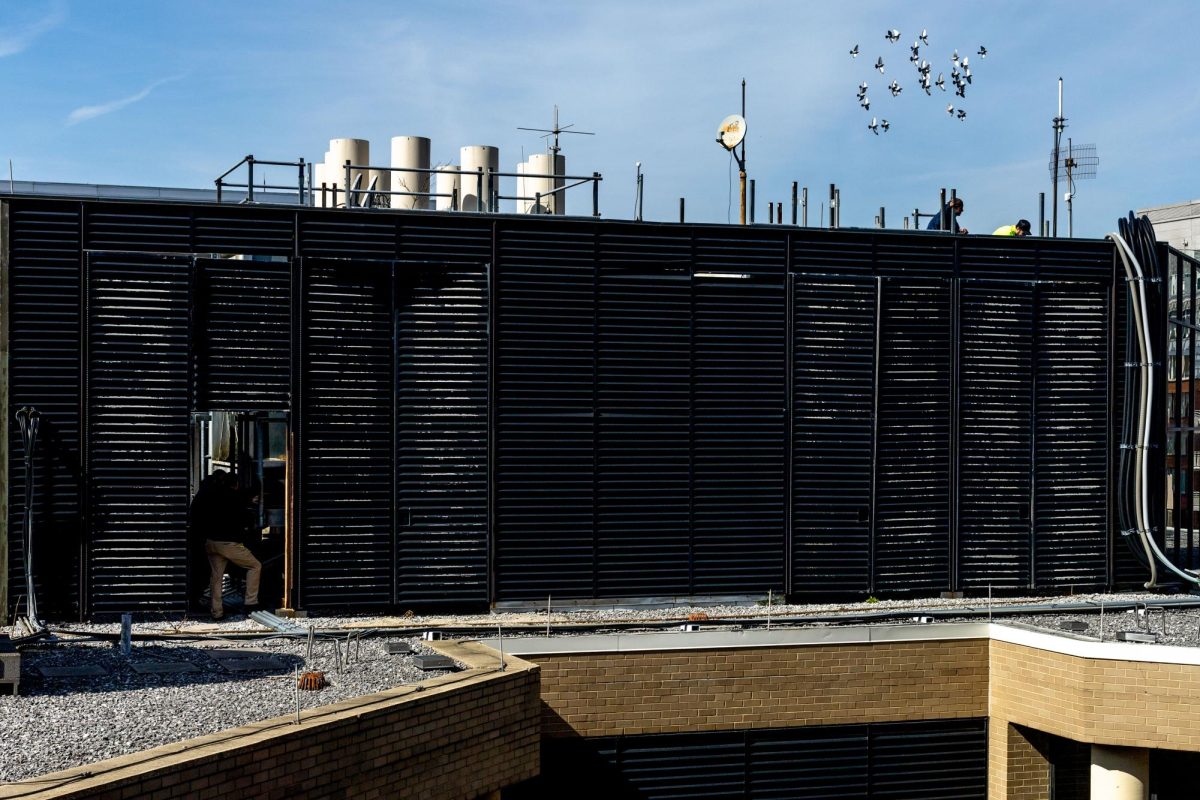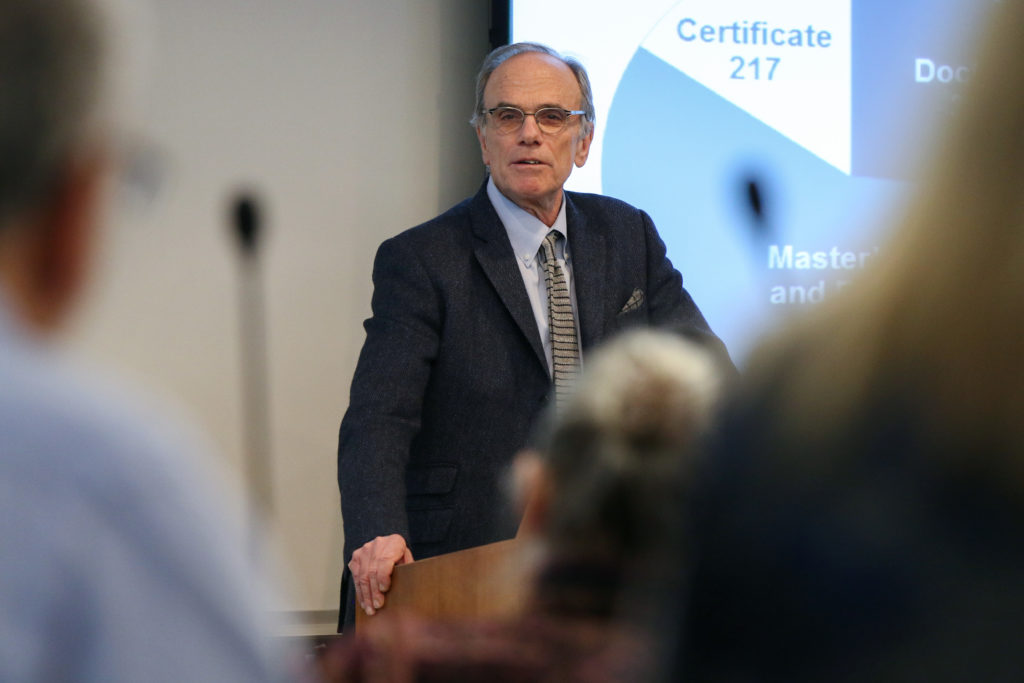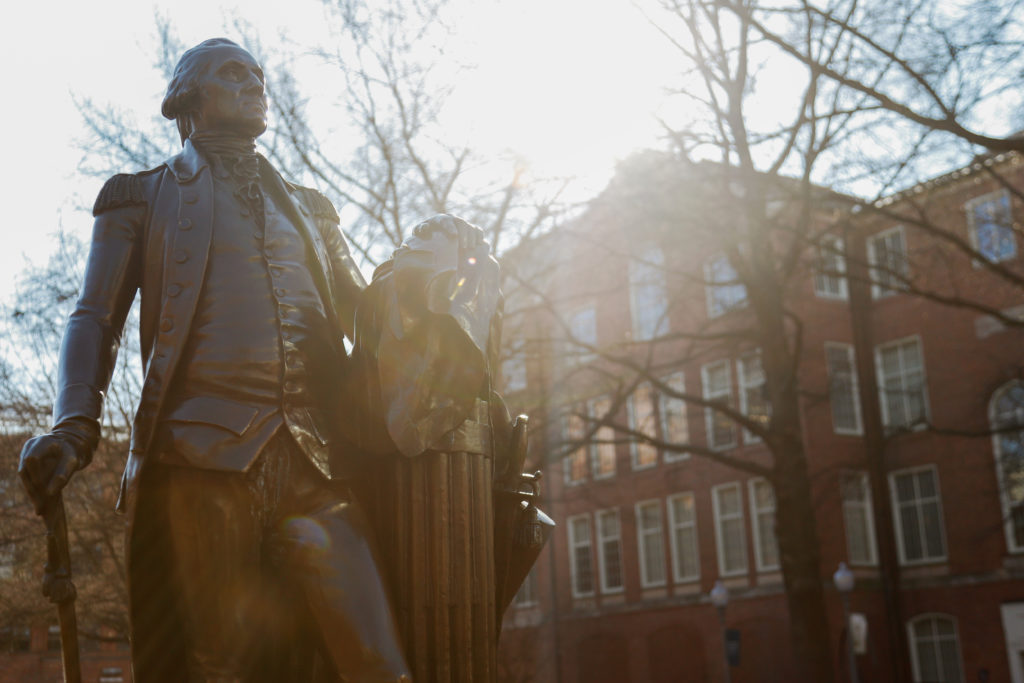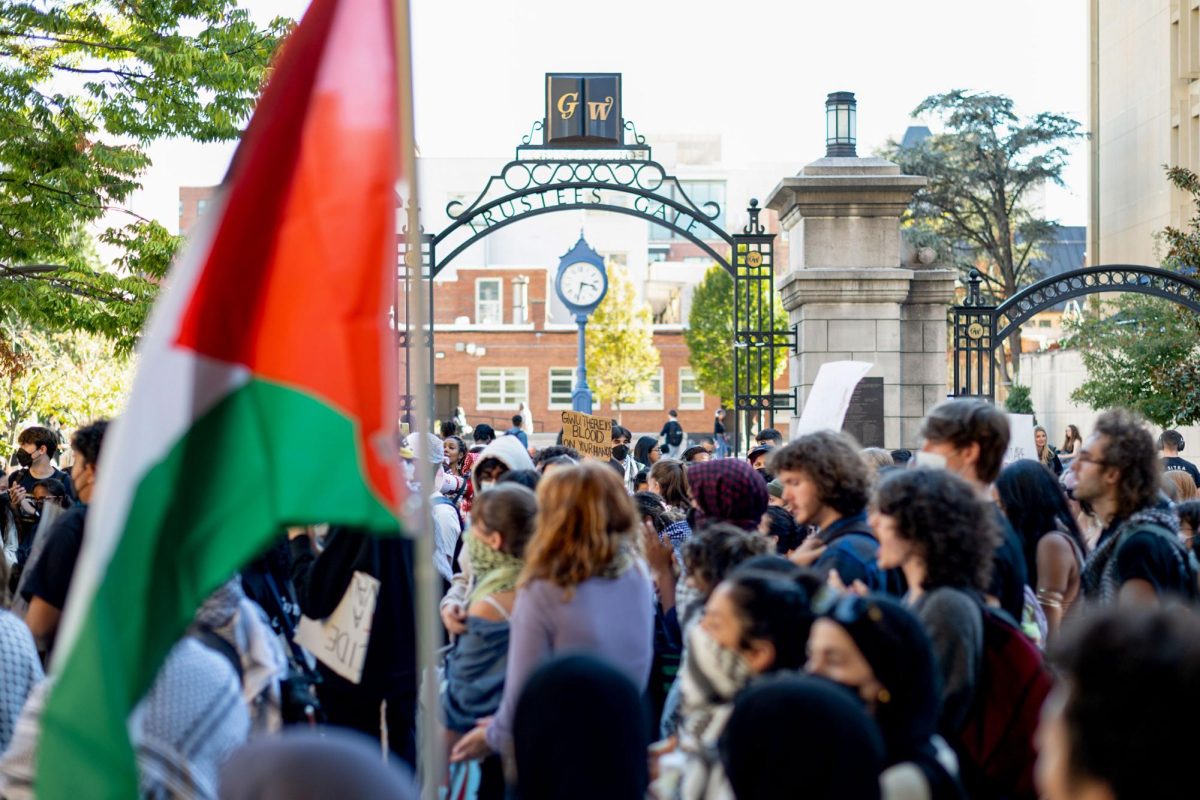Updated: June 25, 2024 at 8:52 a.m.
A labor union representing University maintenance and engineering workers at GW announced they ratified a four-year agreement with a facilities management company late last month.
The International Union of Operating Engineers Local 99 — a labor union that represents skilled trade workers in the D.C. area including at GW— said in a May 23rd Instagram post that maintenance and engineering workers at the University won a four-year union contract with their employer, the American Building and Maintenance Industries. The agreement comes almost a year-and-a-half after the union won the right to represent the workers in January 2023, and the contract includes annual pay increases and the creation of a facilities safety committee with a student and faculty representative, according to the post.
“This marks the beginning of a partnership with ABM at GW, aimed at enhancing the working conditions and benefits for their employees, who are now also our valued members,” IUOE’s Instagram post reads.
Other benefits outlined in the contract for workers include ABM financial contributions to the IUOE pension and training, fully paid health and welfare by 2026, double time on worked holidays, eight hours of holiday pay and 10 paid holidays, according to the post. At the beginning of last year, the National Labor Relations Board certified their vote to allow the union to represent all full-time and regular part-time engineering and maintenance employees at GW.
A University spokesperson said while ABM Industries employs maintenance and engineering workers at GW, the University played “no role” in the negotiation process.
An ABM Industries spokesperson said ABM was “pleased” to enter the four year agreement with IUOE Local 99.
“We appreciate the hard work our team members put in every day to support our clients; especially as they work to provide an outstanding learning environment and help keep people healthy and safe,” the spokesperson said.
Steve Ruppert, the union’s business agent, said in April that the negotiations with ABM were “very difficult” and consisted of challenges like the company allegedly wanting to reduce sick leave for crew members from 10 to seven days and unevenly pay employees within the same roles.
“There’s been issues with them bringing in different employees at different rates of pay within the same classification,” Ruppert said. “Might have one employee at a rating who’s making five to $6 more an hour than the other employee and it’s still well below the union scale for the area.”
Ruppert said in April that health and welfare, retirement pension benefits and wages were the final three negotiation topics between the union and ABM before the groups ratified the new contract. Ruppert said ABM wanted workers to remain in the company’s 401(k) plan which requires employees to contribute “a significant amount” of funds to receive any benefit. ABM matches the first three percent of employees’ pre-tax and/or Roth IRA contributions dollar for dollar; for the next two percent, ABM contributes $0.50 for each dollar an employee adds to their retirement account, according to ABM’s 2024 benefits program for staff and management.
Ruppert said he’s negotiated “several” contracts with ABM and IUOE local 99 throughout the Washington metropolitan area and ratifying the new contact for maintenance and engineering workers at GW is the first time he’s had difficulty reaching an agreement with ABM.
“It really started out with their tone from the start,” Ruppert said. “I wasn’t anticipating them to fight me on language that they’ve agreed to in other contracts for several decades, and then it just started out badly or poorly and we had to go back and forth to fight with them to get minimum amount of language benefits with them. They’re treating the employees differently and I don’t understand why.”
On April 23, the union filed 11 cases with the NLRB accusing both GW and ABM of violating the National Labor Relations Act by refusing to collectively negotiate with the union on behalf of maintenance and engineering workers at GW. All 11 cases have since been closed as of June 20.
Rory Quealy contributed reporting.
This post has been updated to include a comment from an American Building and Maintenance Industries spokesperson.





